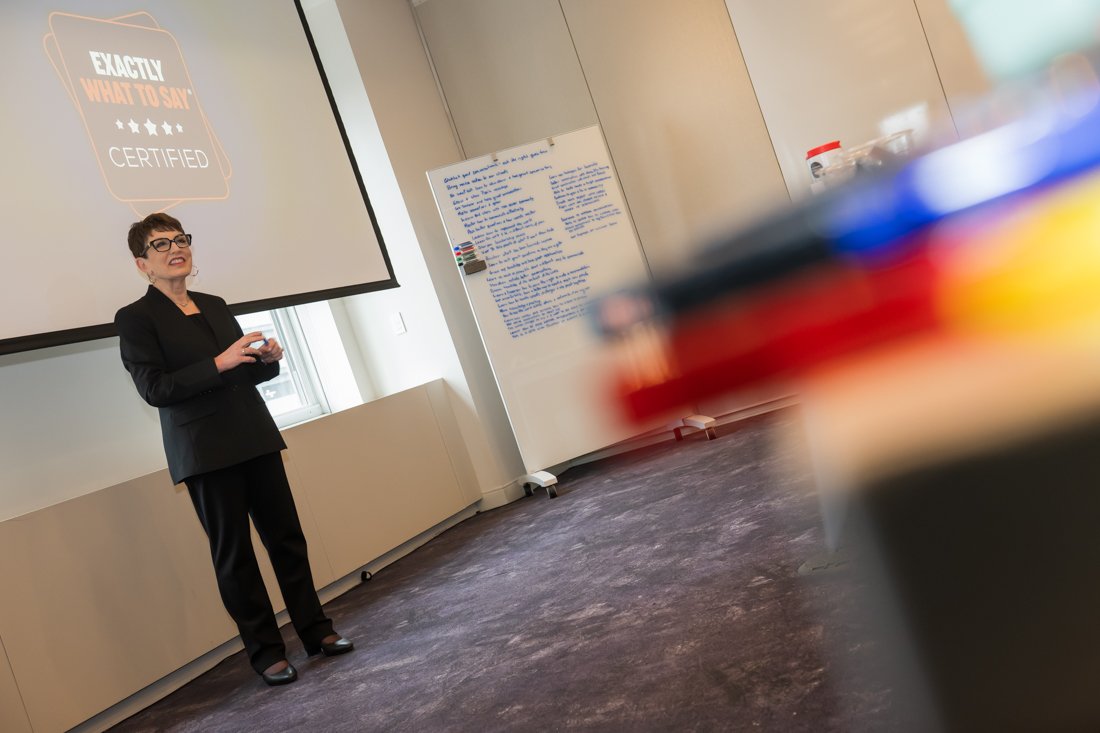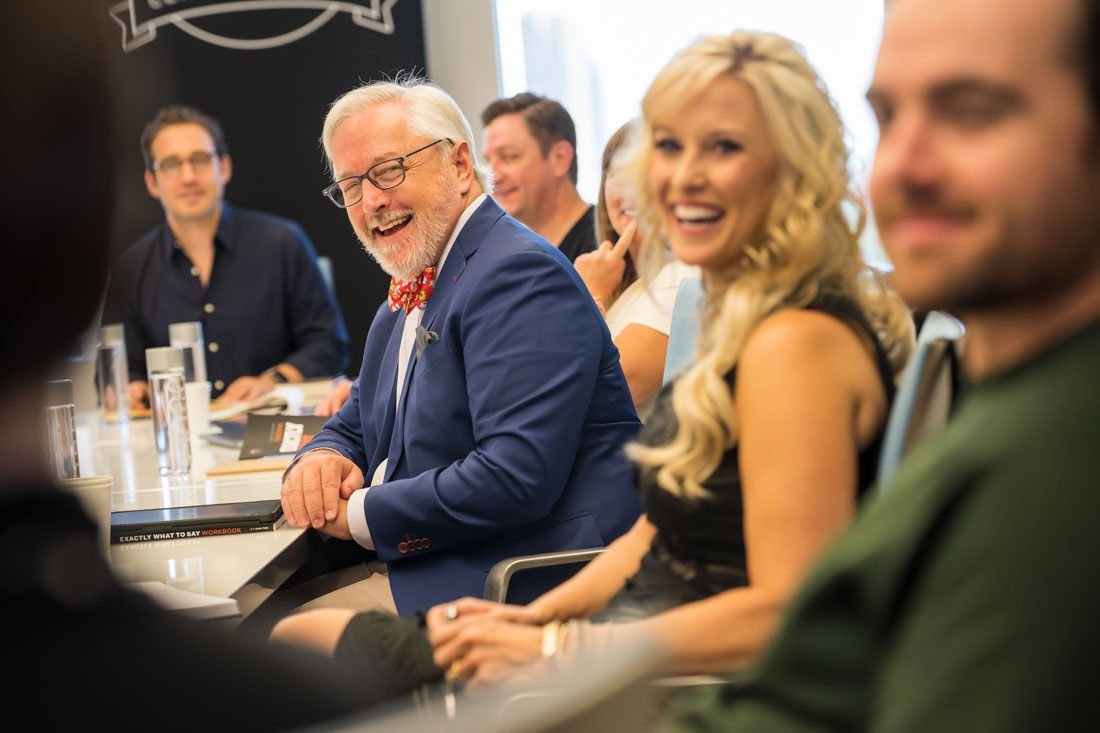Asking for money is one of the most amazing experiences we can have. We are helping donors make actual impact in the world. And we’re helping our favorite causes have the funding they need to thrive.
But nonprofit fundraising can be one of the most grueling experiences too. Especially when a donor says “no” to our ask.
A “No” Isn’t The End
We work so hard to get to making a fundraising ask, and we pour so much of ourselves into it, that we tend to be very afraid of getting a “no.” All of the feelings of rejection start surfacing and most of us want to flee the situation as quickly as possible.
But skilled fundraisers know that a donor’s “no” isn’t a “No and don’t ever talk to me again.” A donor’s “no” is almost always simply a “no” to the ask you made.
We know that sincere curiosity is the foundation of our critical conversations. And none are more critical for a nonprofit than the asking conversation.
Marc Pitman Tweet
So rather than fleeing when a donor says “no,” now is the time to stay grounded in curiosity.
If you’re doing the asking conversation well, you’re haven’t made the ask without finding a lot of common ground with the prospect. And you probably started your ask with the phrase “Because you’ve said ______…”
So stay curious. The donor has things in common with you. The donor wants to see change in the world like what your nonprofit is creating.
So continue the conversation by asking questions.
There Are Only 3 Reasons a Donor Says “No”
A “no” means there is not enough information. Either you don’t have enough information, or the prospect doesn’t. Fundraising expert Alina Spaulding says there are only three reasons a donor prospect says “no” to an ask:
- The project is wrong;
- The dollar amount is wrong; or
- The timing is wrong.
When a donor says “no” to a fundraising ask, rather than getting scared, you have the confidence of knowing you need more information. Your curiosity will help give context to the donor’s response.
Now you can ask one of three powerful questions:
- Is this a no to the project?
- Ok, is this a no to the amount?
- Would it help if we broke the gift into payments?
These are sincere questions. You are not saying this to manipulate or twist an arm. If you got to this point in the asking conversation, you’ve build a level of rapport. So it’s natural to want to know more about the prospect’s response.
Prepare For These 3 Reasons
As you prepare for the asking conversation, you can now prepare for these three reasons. While you’d love the prospect to say “yes” to the first ask, preparing options to each of these three reasons will give you the confidence to keep the conversation going.
If the donor says they’re not interested in the specific project, then have an alternative project ready to share. If a donor says the amount is wrong, before reducing it, ask them about timing. While all nonprofits think in terms of annual fundraising, most donors don’t. So the idea of breaking the amount into four quarterly payments or two payments over two years may help them say an enthusiastic “yes” to the original ask.
And if it doesn’t, you could ask what amount might be more in the ballpark. You could use a tool like www.GiftRangeCalculator.com to create a chart that gives them an indication of what size gifts are needed to successfully reach your goal. With a tool like a gift range chart, donors will be relieved to know that you aren’t asking them to fund the entire project or the entire budget. And they may still stretch more than they might if they didn’t see the size gifts the cause needs.
Getting a “no” from a donor can be scary. But preparing for the three reasons a donor says “no” can help you have confidence. And can help your donor make a meaningful gift they’ll be proud of.










